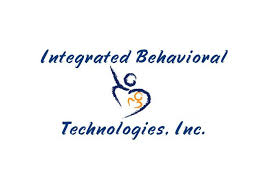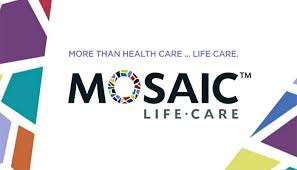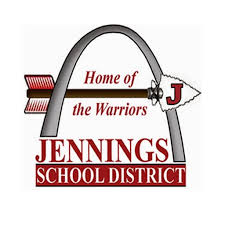Blog
03 Apr The Value of an Experienced Reviewer by Tracey Diefenbach, GPC
Posted at 11:11h
in Competency Seven, Evaluation, Federal Grants, Professionalism, Tracey Diefenbach, GPC, Writing
As a grant professional in the field for almost 20 years, I have come to understand and deeply appreciate the value of a helping hand. One of the most valuable helping hands I have seen is proposal reviews, particularly for federal proposals. I have served...





